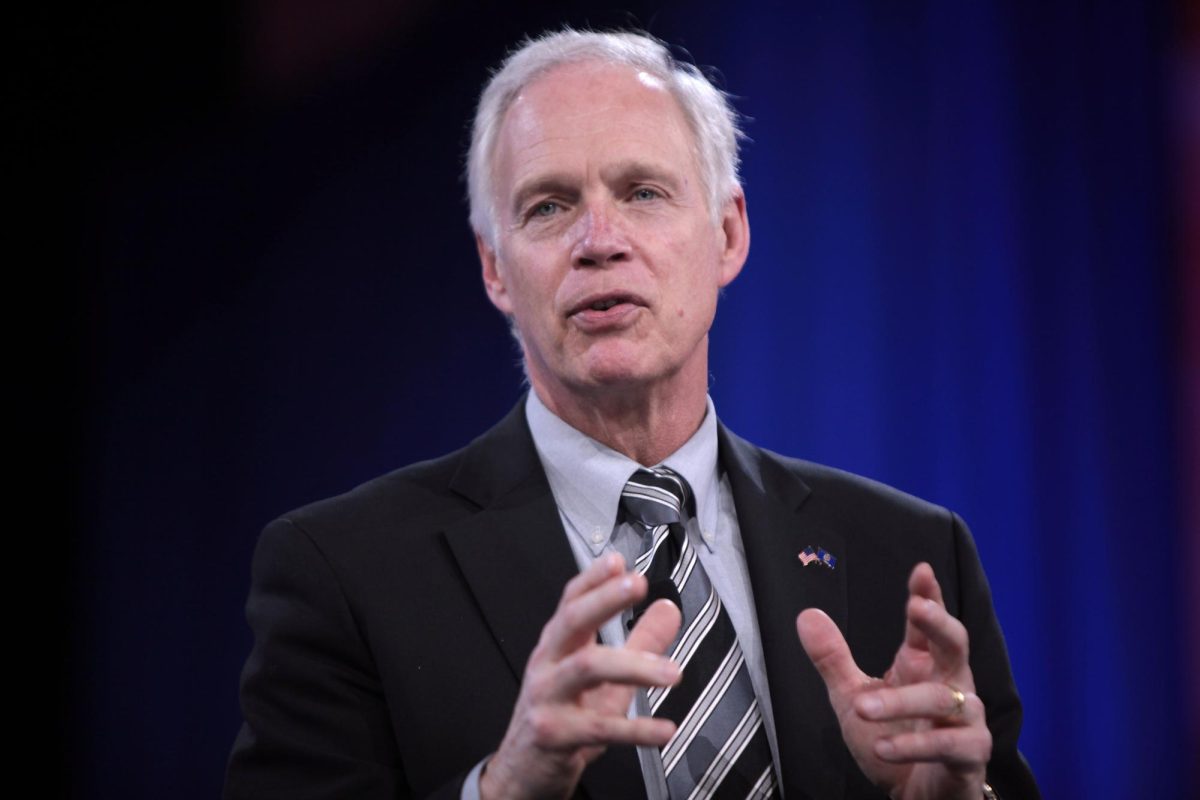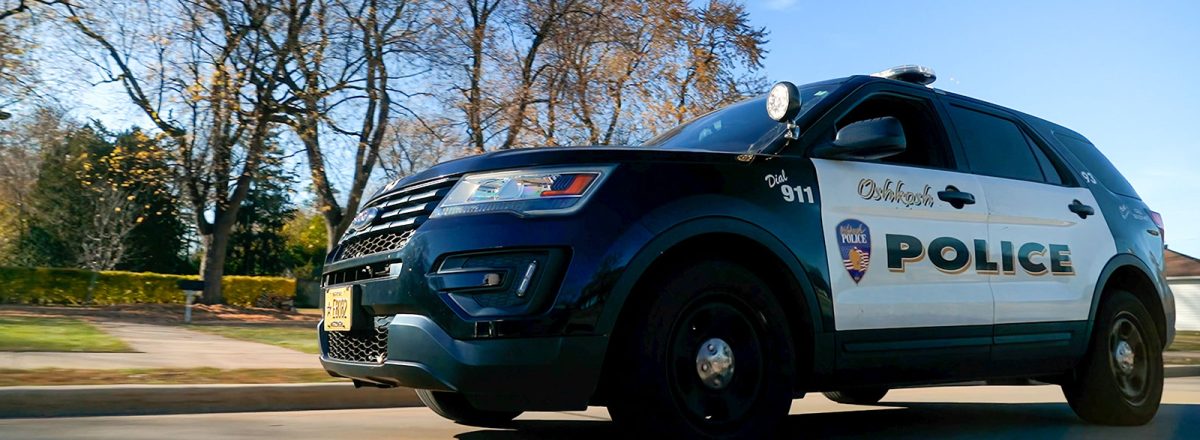At a time when NASA is reporting record-high sea levels, accompanied by steadily climbing temperatures, UW Oshkosh is hosting the Earth Charter Community Summit with the overarching theme of hope for the planet and its future. This week marks the 15th year since UWO adopted the Earth Charter, an internationally recognized set of values and principles for sustainability, as a part of its values as a university. Sustainability Director, Brian Kermath, said this year’s summit is meant to educate students while shedding a not-so pessimistic light on the future of the earth. “The Earth Charter is a commitment about hope and expectation,” Kermath said. “We act on this commitment and try to produce a future that is more hopeful.” On Tuesday, political ecologist Paul Robbins said people shape their environments and the implications from their actions. He used examples regarding lawn care, tree frog extinction, West Nile disease spread and Indian coffee plantations to show how humans perceive and change the areas around them. “The world’s going to change, but there’s going to be some interesting opportunities,” Robbins said. “We might think of environmental issues as a big downer — and we should, there’s a lot of bad things happening. You can think of the Gulf oil spill, you can think about Fukushima, you can think of it as a litany of disasters and problems, but I would hope that’s not how we think about the environment.” Robbins said society will learn how to address environmental changes and fix them, but it will take some work. With Detroit’s urban farming as an example, Robbins said people will begin seeing the importance of their interactions with the environment. In an interview before his talk, Robbins said college campuses face overwhelming political and economic challenges when trying to make changes. When students at UW-Madison wanted to begin a recycling initiative at Camp Randall Stadium, for example, they received unanticipated pushback from the university. “I think what students are learning is how hard it is to get anything done,” Robbins said. “It’s like a cold bath in realism, but I’m glad they’re doing it and it’s improving the campus.” Robbins said most resistance comes from institutionalized rules and contracts that are difficult to navigate. “Suddenly you’re off in a rabbit hole of administration, but that doesn’t mean it can’t be done,” Robbins said. “I think every student should be involved in sustainability just to learn how the real world works.” One of the lessons Robbins said students and environmentalists have to learn is patience. It’s a lesson UWO learned when it decided to make sustainable changes to the campus’s landscaping and foliage. “If you could have looked at the grounds here a decade ago, you would have seen the significant changes that have been made,” Kermath said. “There is less turf, more native prairies, an increase in the number of trees and the overall canopy has grown. There are still areas for improvement, but it doesn’t happen overnight.” This year’s more optimistic Earth Charter Community Summit was not what some students had expected. “I was surprised to hear how optimistic [Robbins] was about the future and the data he shared about population growth leveling off,” UWO junior Mathew Gondek said.
Categories:
UWO celebrate 15th year of Earth Charter
October 8, 2015
0
More to Discover








